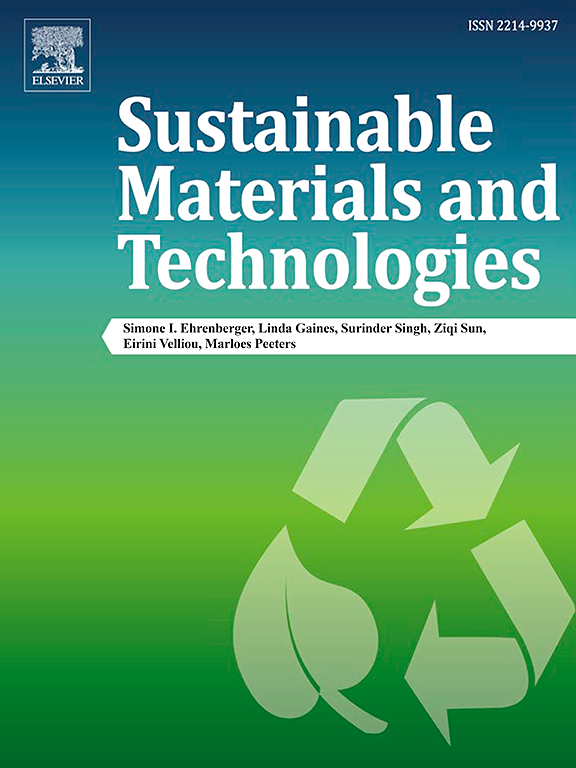人工智能在相变材料热存储和传热改进中的应用综述
IF 8.6
2区 工程技术
Q1 ENERGY & FUELS
引用次数: 0
摘要
本文探讨了人工智能(AI)在预测和优化储热和输热系统的相变材料(PCM)参数方面的应用。研究回顾了有关材料参数的研究,重点关注机器学习 (ML) 在塑造改性 PCM 特性方面的作用。它总结了各种 PCM 相关研究中采用的输入和输出参数以及优点标准。论文探讨了人工智能在增强 PCM 传热和储热方面的作用,重点介绍了用于预测基于 PCM 的储罐储热量的模型。此外,还讨论了如何应用遗传算法(GA)来优化这些存储系统的运行参数。此外,还综述了用于改进 PCM 传热过程的人工智能技术。分析了不同 ML 方法的预测质量。还介绍了用于评估这些方法准确性的其他偏差。第三个重点领域是人工智能在利用 PCM 的系统和能源系统中的应用。这些应用包括太阳能系统的温度稳定、保持建筑物的热舒适度、确保疫苗储存温度的一致性以及其他用途。本研究概述了各种热系统中使用的 PCM 类型、应用的人工智能方法以及预测和优化的标准。最后,本文指出了知识差距和需要进一步调查的研究领域,以便更好地了解 ML 和 GA 在优化 PCM 参数和含有 PCM 的热系统方面的潜力。本文章由计算机程序翻译,如有差异,请以英文原文为准。

A review of artificial intelligence to thermal energy storage and heat transfer improvement in phase change materials
This paper examines the applications of artificial intelligence (AI) in predicting and optimizing phase change material (PCM) parameters for heat storage and transport systems. The study reviews research on material parameters, focusing on the role of machine learning (ML) in shaping the characteristics of modified PCMs. It summarizes the input and output parameters, as well as the figures of merit criteria, employed in various PCM-related studies. The paper explores AI's role in enhancing heat transfer and storage in PCMs, highlighting models used to predict the amount of heat stored in PCM-based storage tanks. Also, the application of genetic algorithms (GAs) to optimize the operating parameters of these storage systems is discussed. AI techniques for improving heat transfer processes in PCMs are also reviewed. The prediction quality of different ML methods is analyzed. Other deviations used to evaluate the accuracy of these methods are presented. A third area of focus is the application of AI in systems and energy systems utilizing PCMs. These applications include temperature stabilization in solar systems, maintaining thermal comfort in buildings, ensuring consistent vaccine storage temperatures, and other uses. The study outlines the types of PCMs used in various thermal systems, the AI methods applied, and the criteria for prediction and optimization. Finally, the paper identifies knowledge gaps and research areas requiring further investigation to better understand the potential of ML and GA in optimizing PCM parameters and thermal systems containing PCMs.
求助全文
通过发布文献求助,成功后即可免费获取论文全文。
去求助
来源期刊

Sustainable Materials and Technologies
Energy-Renewable Energy, Sustainability and the Environment
CiteScore
13.40
自引率
4.20%
发文量
158
审稿时长
45 days
期刊介绍:
Sustainable Materials and Technologies (SM&T), an international, cross-disciplinary, fully open access journal published by Elsevier, focuses on original full-length research articles and reviews. It covers applied or fundamental science of nano-, micro-, meso-, and macro-scale aspects of materials and technologies for sustainable development. SM&T gives special attention to contributions that bridge the knowledge gap between materials and system designs.
 求助内容:
求助内容: 应助结果提醒方式:
应助结果提醒方式:


